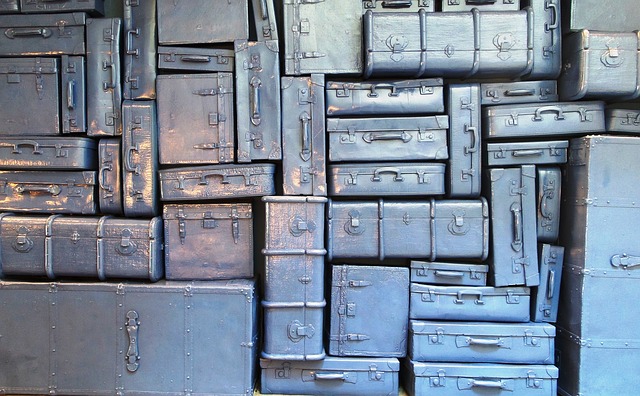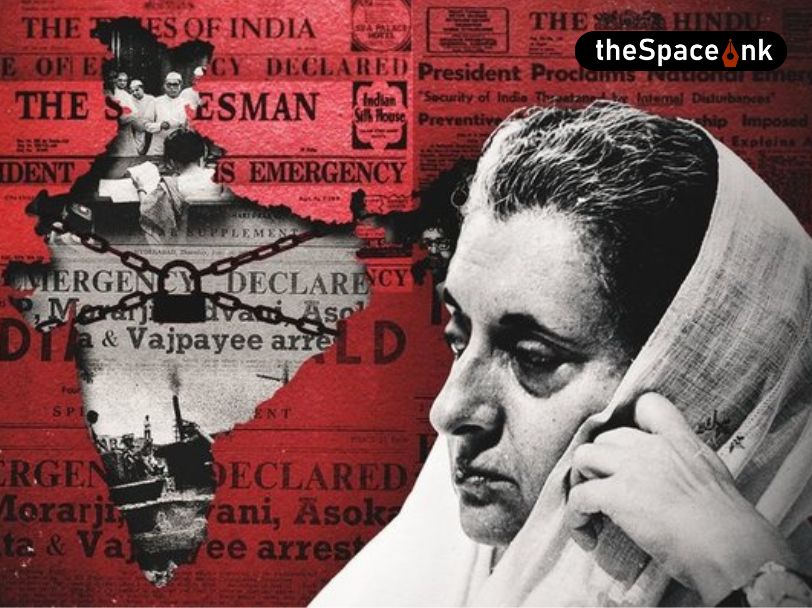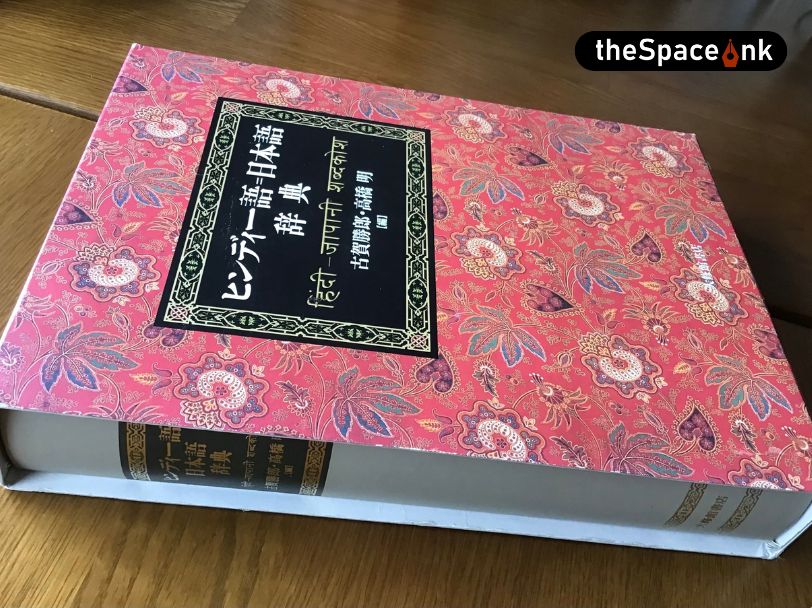For some years now, as the situation in my country of origin has moved in a direction many of my political orientation find reprehensible, and the idea of a return ‘home’ seems more of an impossibility than ever before, many of us who had seen themselves as having chosen to be living elsewhere find ourselves thinking of ourselves as political exiles. This is a strange sensation: that ‘home’ was once a short step, or at least an air ticket, away. But now, as we continue our chosen lives in cities that are often more of a home than ‘home’ had ever been, that situation of being unable to return without a sense of danger, disinvolvement or disgust, comes home to us as exile: a once-chosen self-expatriation or emigration has been, in our absence, converted into something else. We are reminded of this by those who are genuine political exiles, who join us as their civil liberties, and increasingly, lives, are impacted by authoritarian, dictatorial, antidemocratic, and increasingly proto-fascist or fascist regimes. And as they join us in our chosen cities that they didn’t choose, they remind us that we are no longer just away: we are in exile.
Exile: the word has connotations that cross many political boundaries, joining us across history and continents with our predecessors and contemporaries from many countries. In Germany, the word has special connotations that are reserved, somewhat unfairly, for those who left during the National Socialist regime’s relatively brief and historically devastating time in power; for exiles, as etymologies will indicate, long predate the Nazis.
Analogies with situations of disaster are not those that make good reading. They are often written in the hope that they become self-unfulfilling prophecies, serving as early warnings that something terrible that is perhaps avoidable, when identified in time, will indeed be avoided. But of course that seldom happens, and the analogy is only recognised when it is too late. This is the political and temporal equivalent of a set of directions that state ‘turn left just before the roundabout’, and you don’t want to turn left too early, so you keep going till you’ve passed the turn and you can’t get off the roundabout again.

We are, three quarters of a century on, in a good position to revisit a set of events from the 1930s, WH Auden’s aptly-named ‘low, dishonest decade’. It might not be entirely misplaced to start with the obvious and most extreme example. The exodus of intellectuals from Germany after the Nazis came to power signalled to many that the country had ceased to be habitable in any meaningful sense. Self-fulfilment was a hope that was miles away, the hope eaten away by secret police, denunciations by neighbours, arrest and torture, the fear of sudden death, destruction of lives and livelihoods, paramilitary violence, pogroms and censorship, and a life liveable only through a denial that there is something deeply wrong, and consequently a necessary murder of a part of oneself in order to survive in that denial. It is a situation that we have since then re-enacted in numerous fictionalised, allegorical or near-real-life situations. Intellectual life moves elsewhere. Dissent moves outside. What remains is a life of fear and conformity. Social worlds fall apart; old friends look away as you say embarrassing things, putting them at risk of the implications of guilt by association.
For every exiled intellectual or lucky émigré there are several hundred thousand forced to stay behind, of course, and not everyone who does is a hero or dissenter. The historical model selected by the more polite among scholars who described this condition was ‘inner exile’, a situation where individuals vanished into their private universes, hiding from the terrors of the Nazi everydayness. ‘Inner exile’, however noble it might sound as a phrase, was a form of assent for those who lacked ‘Zivilcourage’, civic courage. Easier said than done, of course, in a world where that courage might mean serious danger or death for oneself or for those closest to you; but ‘inner exile’ was not resistance. It could not be. Vikram Seth’s Two Lives is illuminated by the correspondence of his German Jewish aunt by marriage with her former countrymen and women after the Second World War, in which she asks: what did you do? For her it was not enough that their answer was that they did nothing, for nothing was not enough. It had not been enough to save lives, to protect the murdered.

Unlike ‘inner exile’, exile had a different meaning in those times. It meant the right to dissent, and the ability to be politically active in opposition to the fascist regime, not as an exercise in reclaiming a moral self, but as an attempt to demonstrate to world opinion that an avoidable disaster was imminent. Then, having failed to avert the disaster, the exiles’ role changed: it was to mobilise resistance, to fight, and finally, having won, to work towards the part-legend, part-wishful-thinking of the ‘never again’. But the never-again is now a perhaps-tomorrow, or even a here-already: it depends on where you are, of course: in Russia, Brazil, Turkey, India, Argentina, or the USA. But the ‘never again’ is a complacent platitude, a poor joke that mocks a German attempt to appropriate the right to the most terrible history of all time, an appropriation that paradoxically only served the purpose of immunising us all to the possibilities of a fascist reprise. For if German fascism was incomparable in its monstrosity, and in addition had been defeated for all time to come, all comparisons could only be facile, rhetorical, or panic-mongering. And since most other countries with a fascist history, either as movement-in-search-of-state-power or as regime-in-possession-of-state-power, have not had the efficiency of an Auschwitz or the comforts of a German grappling with the past, and lesser fascisms have been overshadowed by the German model, we have nothing but an analogy that is at the very outset illegitimate.
And yet this is the illegitimate analogy that I seek to pursue. How long are we to wait before an aspirational fascism captures the state and uses its by-now far greater capacities in the service of surveillance, repression and forced conformity? There are many of us who now find ourselves in exile, of our choosing or by force of circumstance. In India, the state that was once home to me, the details and colours of the different origins and upbringing of its inhabitants have hardened into an indelible majority and minority, violently enforced by a fascist paramilitary organisation and endorsed by a government comprised of members of that organisation. Those who remain are necessarily fearful. They have families to protect, livelihoods to maintain, and if they can claim a Hindu majoritarian status, they can hide in the protection allegedly offered by the fascist state to members of the Volk. It has not helped that previous governments have fed into the fantasies of control that those in charge of modern-day states tend to have, by insisting on the equivalent of electronic tagging in the form of biometric identity cards – a measure that the fascist government has wholeheartedly embraced – or the enforcing of standards of conformity to state ideologies by the revival of colonial-era ‘sedition’ laws that criminalise disloyalty to the government.
Unlike ‘inner exile’, exile had a different meaning in those times. It meant the right to dissent, and the ability to be politically active in opposition to the fascist regime, not as an exercise in reclaiming a moral self, but as an attempt to demonstrate to world opinion that an avoidable disaster was imminent.
Exile offers the opportunity for an insistence that what is now normal in the state from which one originates is not meant to be normal; not there, nor anywhere else. It provides the conditions and space to make a noise, and to insist, wherever we are, that the opportunities for congenial trade, industry and manufacturing provided by authoritarian states to their partners elsewhere, are at a cost that most citizens of the partner states would not find acceptable, even if their governments do. It is an opportunity to build links with exiles from other countries with repressive regimes, to talk together about forms of repression and loss of liberties that have the habit of creeping across the world while we are looking elsewhere, as regimes learn from one another: Turkey, Israel and India will share counterinsurgency measures that they once learned from German absolutism or British imperialism, and improved upon with every jump in state capacity. And we will have to contend with the representatives of nasty regimes who operate trans-territorially: Hindutva groups in North America, riding the legitimacy of identitarian politics and ‘representation’ to further their sectarian goals, Turkish government-sponsored thugs in Germany or Spain, Russian political assassins in Berlin or London … we will have to keep adding to this list. Every government has its reasons for ignoring or tolerating intolerable conditions in other countries, and every repressive measure anywhere in the world has the effect of moving the goalposts of acceptable state behaviour in the direction of control and of the consequent loss of civil liberties. We must make a noise, because we still can. It is the least we owe our compatriots and the world.
Images courtesy: Pixabay
Benjamin Zachariah works at the Georg Eckert Institute for Educational Media in Braunschweig, and with the project on the contemporary history of historiography at the University of Trier. He was trained in the discipline of history in the last decade of the previous century. After an uneventful beginning to a perfectly normal academic career, he began to take an interest in the importance of history outside the circle of professional historians, and the destruction of the profession by the profession. He is interested in the writing and teaching of history and the place of history in the public domain.








